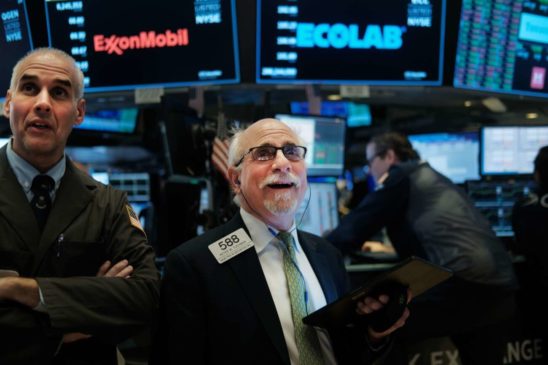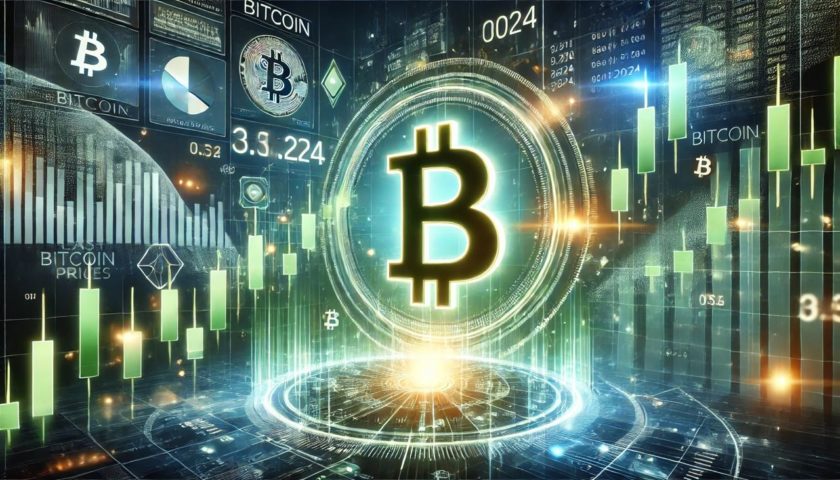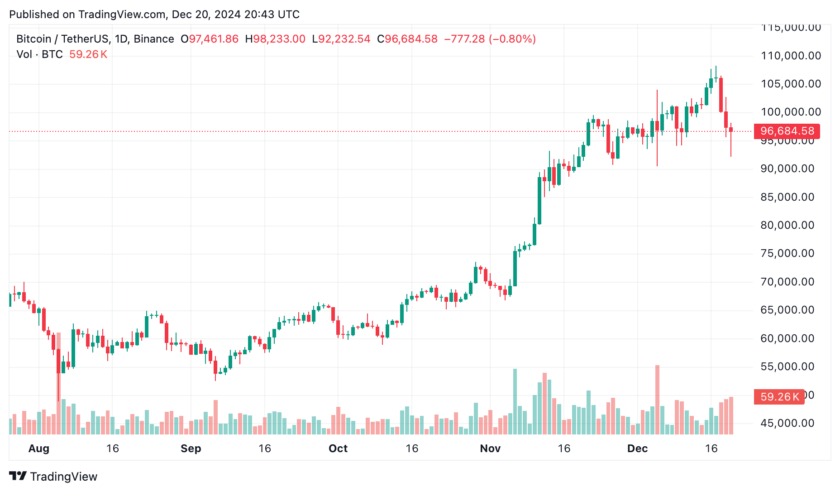- The S&P 500 continues to climb despite a bleak economic backdrop.
- The Federal Reserve is the engine that powers asset inflation.
- Expect the S&P 500 to print a new all-time high soon.
Amid record unemployment, widespread civil unrest, global pandemic, and a shrinking economy, the S&P 500 is 8% off of its all-time high.
The benchmark index has printed gains of 37.7% over the last 50 days, putting together the greatest 50-day rally in history. With the Federal Reserve driving this run, expect the S&P 500 to post a new all-time high in the coming months.
There’s a Disconnect Between the Economy and the Stock Market
The stock market’s nauseating plunge in March seems like nothing but a footnote. The S&P 500 is up over 42% from the 2020 low of 2,191.90 even as the economy flashes multiple red flags.
Over the last three months, more than 40 million Americans have lost their jobs, a number not seen since the Great Depression. The country is still reeling from the pandemic, with nearly 2 million cases and 100,000 deaths. The economy is struggling to reopen as the death of George Floyd ignited protests and riots across the country.
From a logical standpoint, the stock market should be tanking to reflect the actual state of America’s economy.
Analysts say the stock market is on a tear because investors are forward-looking. They are optimistic that the economy will be in better shape soon:
Stock investors are looking beyond present conditions toward what they believe will happen in the future — which they’re currently viewing with optimism.
But having a rosy outlook alone is insufficient in driving the current recovery. One powerful engine is behind the stock market rally.
The Federal Reserve Is Propping Up the Markets
Critics say the Federal Reserve’s unlimited money printing capabilities are keeping stock on fire. But the Fed is banned from directly purchasing shares of public companies. So how is the central bank artificially inflating asset prices?
Under Jerome Powell’s leadership, the Fed has flooded the financial system with money through a $1.2 trillion bond-buying program.
The relief effort stabilized stressed money markets. Corporations with distressed debt due to plummeting profits were rescued. More importantly, the unprecedented monetary policy provided liquidity in the bond market.
With the Federal Reserve’s buying spree of government and corporate bonds, asset holders such as mutual funds and pension funds suddenly have hundreds of billions of dollars in capital. The influx of fresh liquidity is then funneled into the stock market.
Mutual funds and pension funds are confident that their investments will appreciate as long as the Federal Reserve continues to supply liquidity. There’s a reason why the axiom “don’t fight the Fed” exists.
The historic rally will continue until the Fed decides to pull the plug. Until then, expect the party to keep going.
Disclaimer: This article represents the author’s opinion and should not be considered investment or trading advice from CCN.com.
This article was edited by Sam Bourgi.




